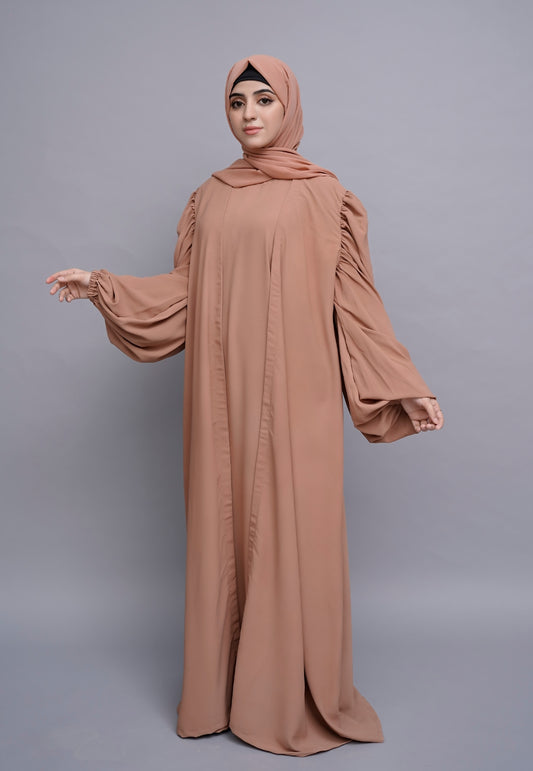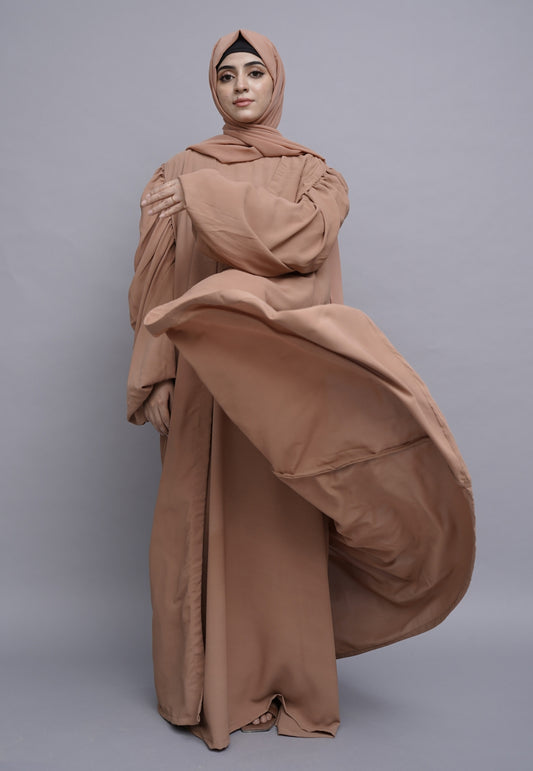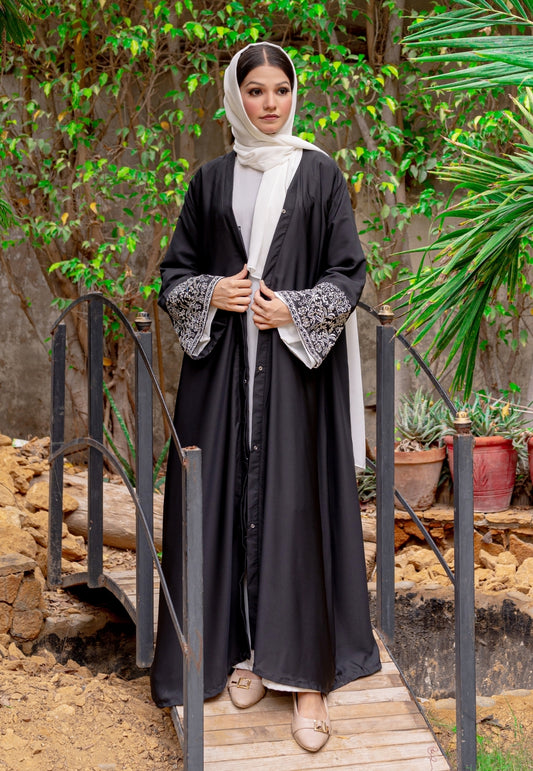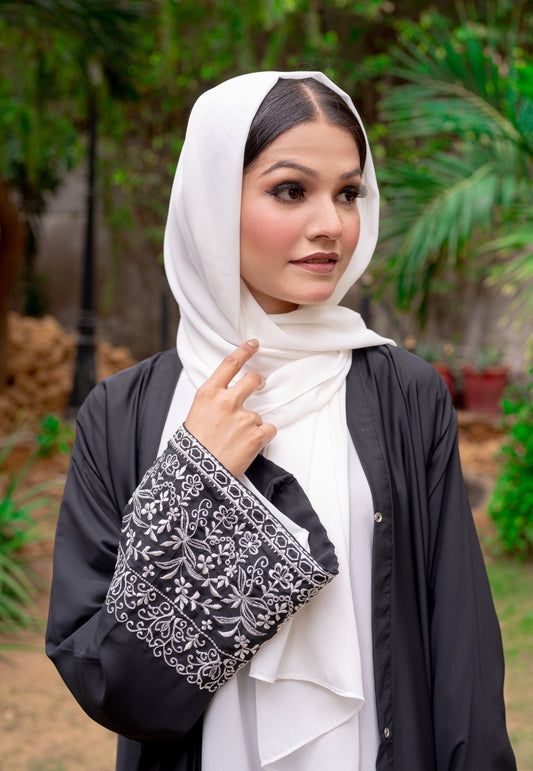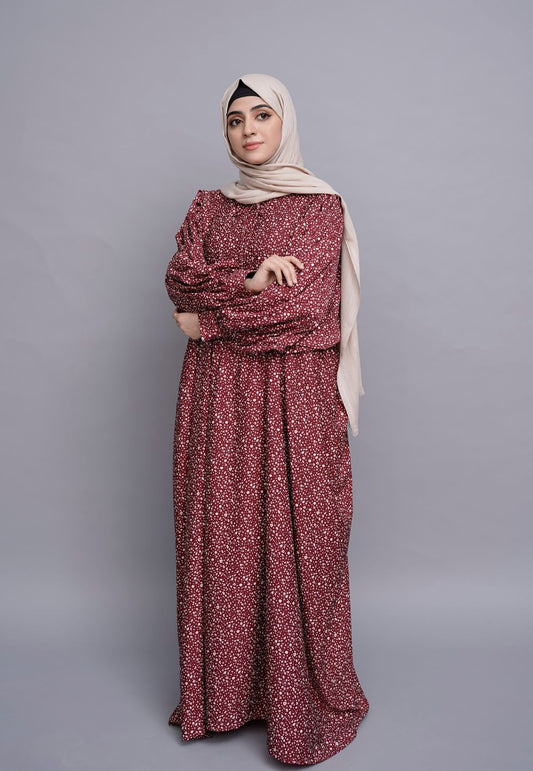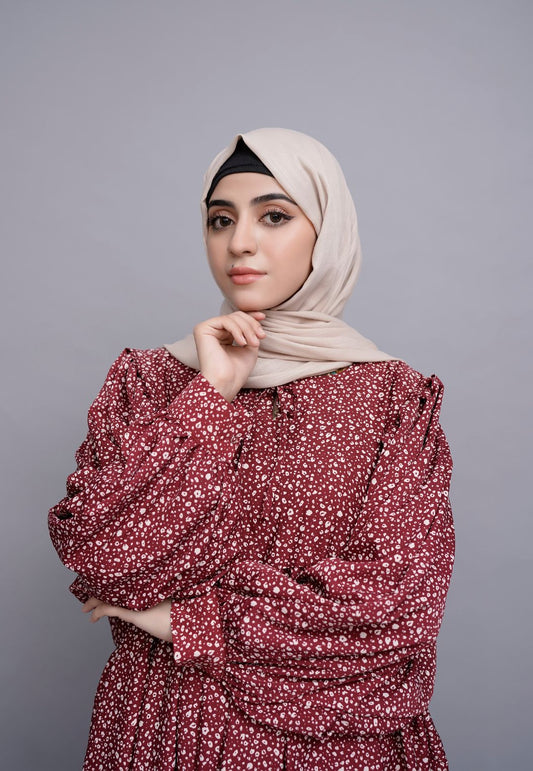Why do Muslim wear Hijab?
by
Sawaira Gaziani
08 Apr 2022
Some people believe that Muslim women are being oppressed in their Islamic culture. On the Western side of the world, the hijab that many Muslim women wear has become a symbol of this perceived oppression. There have been numerous occasions and incidents around the world that shows a chaotic dislike for women who cover their head with hijab but for those who wear it, adorn themselves and see it as a symbol of empowerment.

For some Muslim women today, wearing a hijab can be a religious act, a way of demonstrating their submission to God. It has been written in the Quran that men and women both should live with modesty in terms of their appearance and behavior. However, Muslim women’s clothing isn't entirely about adherence to faith. It has been used as an assertion of identity. World Hijab Day has been celebrated on 1st February, starting in 2013 because of the effort of Nazma Khan, an immigrant of United States from Bangladesh, who had been shamed over wearing a headscarf. She decided to start a day when both Muslim and non-Muslim women could experience wearing hijab.
The headscarf is not just a religious symbol for many women its a way of living and presenting themselves and their identity which makes them comfortable and powerful. Religious scholars and ulamas are helping change how Islam is understood and practiced. Moreover, it has been seen in past few years that Muslim women’s clothing has taken a lot of attention in the society and the real essence of covering the head and dressing up modestly has been taken away. This is the reason the new generation of female religious leaders are explaining the Quran in a way that is empowering for women and their word is now being more accepted in our society.
The major findings of the study where the hijab was empowering for these women by providing control over their physical selves, the hijab was a conscious choice. Their image as a Muslim woman challenged mainstream Western images of empowered women. The hijab was seen as separate from their physical body but generally contributed to a positive body image; and hijab was a choice not influenced by male control. The findings from this study can contribute to social work education and practice, through considering forms of female empowerment not considered and to help dispel negative stereotypes of Muslim women and the practice of hijab.

Throughout modern history and into the present day, one of the most fiercely contested images of the feminine form is that of the hijabi Islamic woman. Such women have been the focus of social anxieties, the mapping of moral values, and the justification for waging wars in Eastern nations predominantly populated by Muslim people. It is in this potential for a new perspective on reclaiming the private space of women as a source of positive body image.
The Prophet (Peace Been Upon Him) said:
Every son of Adam makes mistakes, and the best of those who make mistakes are those who repent.
Despite the plethora of manifestations, the hijab has taken throughout different countries, cultures, and time periods, what remains consistent is the use of the Quran as evidence that the hijab was made obligatory to those who practice it. Two verses in the Quran are often cited by Muslim communities, regardless of denomination, as clear evidence that such practice of physical veiling was commonplace during the life and teachings of the Prophet Muhammad (PBUH).
In chapter twenty-four, of the Quran, an-Nur/The Light states:
Tell the believing men to lower their gaze and be modest. That is purer for them. Lo! Allah is aware of what they do. And tell the believing women to lower their gaze and be modest, and to display of their adornment only that which is apparent, and to draw their veils over their bosoms (24:30-31); (“Quran,” n.d.).
An additional reference is made in chapter thirty-three of the Quran, al-Azhab/The Clans:
O Prophet! Tell thy wives and thy daughters and the women of the believers to draw their cloaks close round them (when they go abroad). That will be better, so that they may be recognized and not annoyed. Allah is ever Forgiving, Merciful (33:59); (“Quran,” n.d.).
Sample Image Gallery
Sample Block Quote
Praesent vestibulum congue tellus at fringilla. Curabitur vitae semper sem, eu convallis est. Cras felis nunc commodo eu convallis vitae interdum non nisl. Maecenas ac est sit amet augue pharetra convallis.
Sample Paragraph Text
Praesent vestibulum congue tellus at fringilla. Curabitur vitae semper sem, eu convallis est. Cras felis nunc commodo eu convallis vitae interdum non nisl. Maecenas ac est sit amet augue pharetra convallis nec danos dui. Cras suscipit quam et turpis eleifend vitae malesuada magna congue. Damus id ullamcorper neque. Sed vitae mi a mi pretium aliquet ac sed elitos. Pellentesque nulla eros accumsan quis justo at tincidunt lobortis deli denimes, suspendisse vestibulum lectus in lectus volutpate.

